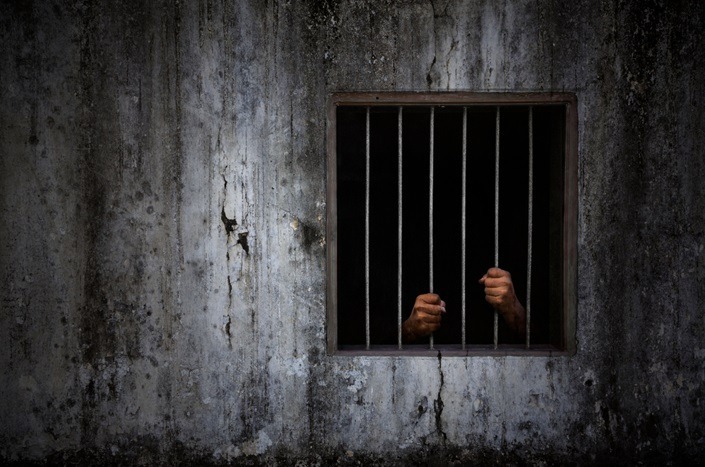Blog

Unchained Bias
Has Amnesty International forgotten its mission?
Since its founding in the 1960s, Amnesty International (AI) has been a recognized force for human rights revered for shining a light on the unjustly imprisoned and aggressively oppressed — at least, they used to be.
On April 8, the global nonprofit published a tweet lamenting the passing of Walid Daqqa, whom they described as a “62-year-old Palestinian writer” whose “heart-wrenching” death in prison demonstrated “Israel’s disregard for Palestinians’ right to life.”
AI presented Daqqa as a martyr, but their obituary was so lacking in context that its omission can only be seen as intentional.
First, Daqqa’s death had nothing to do with Israeli cruelty as Amnesty’s initial tweet suggests; he perished due to bone marrow cancer at an old age.
More pointedly, Daqqa was incarcerated because of his role in the brutal abduction, torture, and murder of 19-year-old Israeli soldier Moshe Tamam in 1984. According to reports, Moshe’s killers “gouged out his eyes, mutilated his body and castrated him before taking him to an olive grove and shooting him dead.”
Such biased framing has lamentably become the norm for Amnesty International. In recent decades, mission creep has seen the organization take official stances supporting the decriminalization of sex work, declaring abortion “a human right,” and advocating for “climate justice.”
It’s a far cry from Amnesty’s origins and the work of its founder Pete Benenson, who launched AI in 1961 in a campaign battling for the release of two Portuguese students who had been imprisoned for raising their glasses in a toast to liberty. In 1963, Amnesty’s efforts led to the release of Ukrainian Archbishop Josyf Slipyi in Siberia who was imprisoned by the Soviet communist regime. The group’s continuous efforts rallying grassroots action in support of “prisoners of conscience” earned Amnesty International a Nobel Peace Prize in 1977.
Today, 47 years later, the once-revered Amnesty International is making headlines for sanitizing the legacy of a terrorist murderer. It’s yet another instance of a broken — yet powerful — institution: an organization that was founded to uphold human rights is now exalting human rights abusers.
